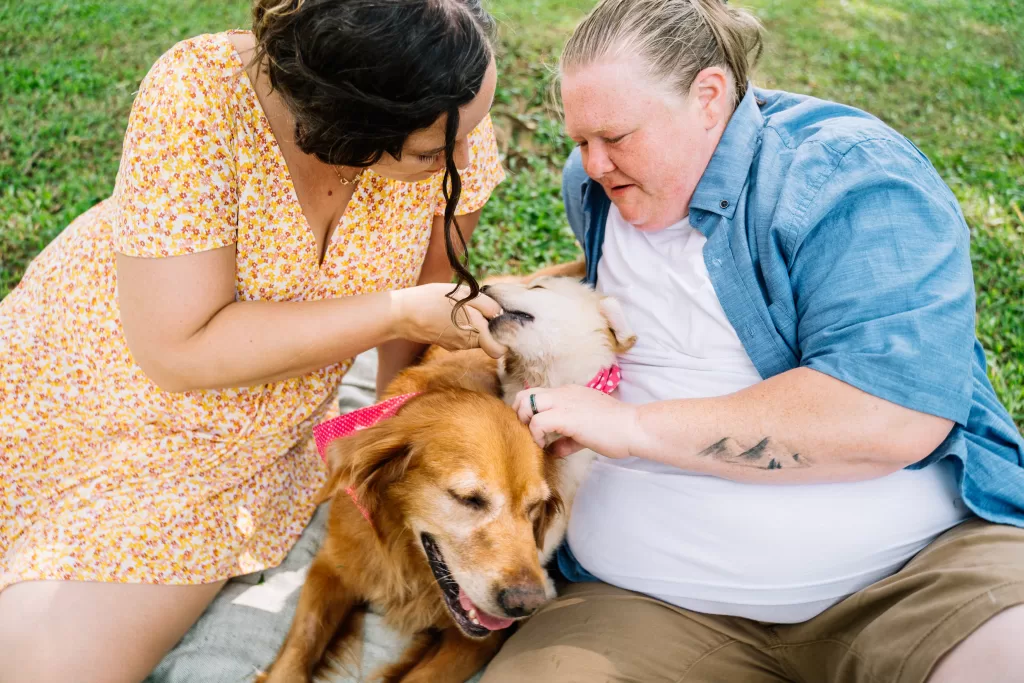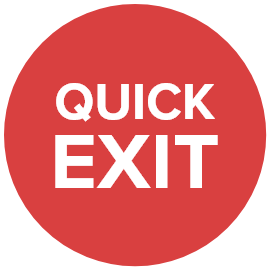Every LGBTQ+ person has the right to feel safe.
LGBTQ+ people also have the right to feel safe to report domestic, family, intimate partner and sexual violence and abuse.
DVConnect provides the Womensline, Mensline and Sexual Assault Helpline to all people, including LGBTQ+ people. You can call the helpline you feel most comfortable calling and ask for information and options from our experienced counsellors.
- Womensline 1800 811 811
- Mensline 1800 600 636
- Sexual Assault Helpline 1800 010 120
Watch this video to find out more about how we help.
You are not alone
Abuse is a bigger problem in LGBTQ+ communities than we think because many people do not feel as seen or supported as other members in our community.
According to the LGBTQ Domestic Violence Awareness Foundation, “More than 50% of LGBTQ+ people will experience domestic, family or intimate partner violence and abuse in their lifetime.”
The chances are that you or someone you know is, or has been, in an unsafe relationship.
Despite the prevalence, LGBTQ+ people are less likely to find support services that meet their specific needs, are less likely to identify DFV in their relationships and less likely to report it to the police or to seek support from services.
How we help LGBTQ+ people
Through our helplines, we can provide information and options such as:
- Emergency transport and accommodation
- Specialist crisis counselling
- Safety planning
- Information, referrals & support
- Safe accommodation for pets through our Pets In Crisis program
- And more.
Call Womensline on 1800 811 811
Find out more in the video below about how our team helps people in Queensland to live free from domestic, family and sexual violence.
We know that asking for helping isn’t easy
Reaching out for support is an extremely brave thing to do and our crisis counsellors thank you for putting trust in them.
DVConnect is here to help you explore the options available so you can feel safe at home. We are well-versed in the unique forms of abuse that can be experienced by LGBTQ+ people. Our team respond to people of all experiences and backgrounds and undertake ongoing professional development to support our diverse clients.
Our specialist crisis counsellors can provide confidential advice and support regardless of whether you are in a relationship, thinking about leaving or have already left. We will be guided by you in how we can help.
Call us today.
Call Womensline on 1800 811 811
Resources and services
- Are you wondering if your relationship with a partner or family member is abusive or unhealthy? Take this quiz to find out more.
- Learn more about unhealthy relationships on the Say It Out Loud website
- Queer without Fear Booklet
- Find a QPS LGBTI Liaison Officer
- LGBTI Legal Service
- Peer support for parents of LGBTQ+ children of all ages
- LGBTQ Domestic Violence Awareness Foundation
- Open Doors Youth Service
- QLD Council for LGBTI Health


